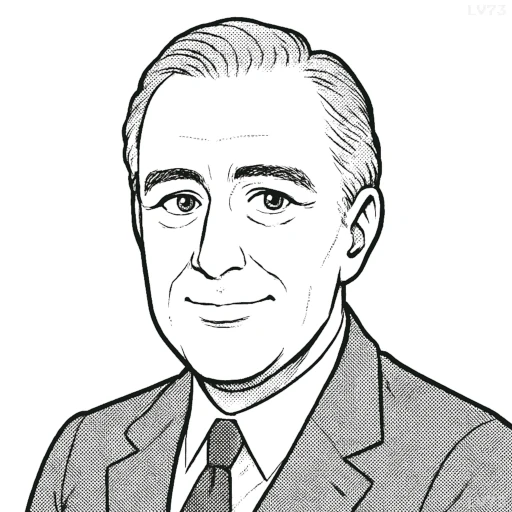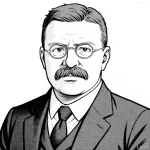“But while they prate of economic laws, men and women are starving. We must lay hold of the fact that economic laws are not made by nature. They are made by human beings.”

- January 30, 1882 – April 12, 1945
- American
- The 32nd President of the United States, Politician
table of contents
Quote
“But while they prate of economic laws, men and women are starving. We must lay hold of the fact that economic laws are not made by nature. They are made by human beings.”
Explanation
In this quote, Franklin D. Roosevelt challenges the idea that economic systems and their outcomes are inevitable or unchangeable, as if governed by some natural law. Roosevelt argues that economic laws—such as the principles of supply and demand or market behavior—are human-made constructs, not natural forces. He is addressing the widespread suffering caused by the Great Depression, where many people were left without jobs, food, or security. By highlighting the fact that economic structures are created by people, Roosevelt emphasizes that economic inequality and poverty are not inherent to society, but the result of decisions, policies, and systems that can be reformed or changed.
Roosevelt’s words reflect his deep frustration with the prevailing economic orthodoxy that treated economic downturns or poverty as inevitable consequences of impersonal market forces. Instead, he believed that human action and government intervention could and should address these issues, pointing to the need for social and economic reforms. His New Deal programs, aimed at providing relief to the unemployed, reforming the banking system, and promoting economic recovery, were based on the belief that government action could actively shape the economy in a way that served the public good, rather than leaving it to the forces of chance or natural market dynamics.
In today’s context, Roosevelt’s words remain highly relevant, particularly in debates about the role of government in addressing issues like poverty, income inequality, and economic policy. While some may argue that market forces determine outcomes, Roosevelt reminds us that economic decisions—such as tax policies, welfare programs, and labor protections—are shaped by human choices and can be adjusted to meet the needs of society. His message encourages active engagement with the economy and underscores the power of policy to effect change, rather than passively accepting the status quo as something unchangeable.
Would you like to share your impressions or related stories about this quote in the comments section?


